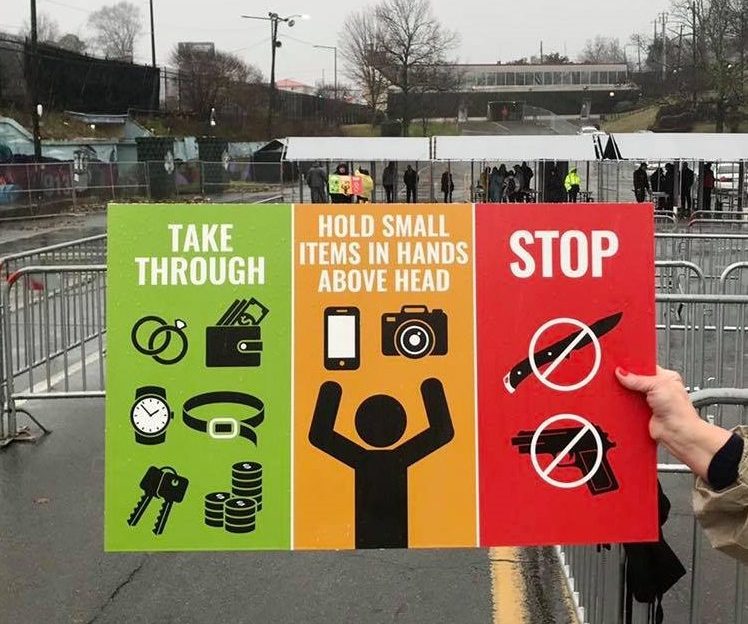In the case of: Knoxville politics
From the Publisher’s Perspective
By Patricia Williams, ETE Publisher
Decades ago, Knox County districts were gerrymandered. One objective was to limit the impact of African-American voters. Instead of what should be two predominately A-A districts that would have potentially produce two A-A representatives on each of 4 governing bodies, they were gerrymandered into one district resulting in one representative.
The majority of the A-A communities were encompassed into one district that stretches east of Asheville Highway, through downtown and northwest to include what used to be the historic African-American Mechanicsville community, HBCU Knoxville College and fringes of Lonsdale. It’s a stretch by any calculation.
This effectively limits representation from African-American communities to one on each of the 4 Knox County governing bodies; State House of Representatives, Knoxville City Council, Knox County Commission, and Knox County School Board.
While it is sold as beneficial, it’s anything but. It has placed the A-A communities in one basket into which a crumb is tossed for competing factions to scrabble over. Take for an example the 2017 city council contest that had 16 candidates that included 3 white contenders. Of course more than one of the 13 African-American candidates were qualified, but they will have to wait or go to waste. It wasn’t or may never be their time. The white candidates were vilified for their attempt to overtake a seat “reserved” for an A-A. (Take note: the gentrification of Park City and East Knoxville will soon resolve that issue in the not so distant future.) It has divided the African-American communities in a number of ways.
- It’s a given that politics tend to reveal the best and the worst of one’s character, but the passion/grudge of winners and losers tend to last well beyond the election.
- The first qualification is to be black. The victor is not always the most qualified but the most notable name or familiar among voters. It has evolved into a popularity contest among notables (born in the right family). But most of all
- it places a lone, most often democratic, African-American in the trenches with a majority of old white men (so-called conservatives) to represent a district that has and continues to be underserved and ignored.
With the best intentions, what gains can this lone elected official make, even if they try. Decades of legislative report cards show easy, ceremonial resolutions and personal financial and career building moves such as naming streets and bridges after their benefactors, over building sidewalks; in bed with entities destructive to the A-A community for cash and favors.
One of the first actions of Rep. Staples was replacing Cassandra McGhee on the election commission with a white male. Not only was she the only black commissioner, she was also the longest serving commission among her colleagues.
If commitment and loyalty is qualifiers, then Knox County democrats, including Sam McKenzie, who were supported, voted-in, and/or appointed would have NEVER been coerced to vote for a Republican city mayor. All who did so deserve a vote of no confidence.
Unfortunately, the appropriation of one seat has been humbly accepted by the African-American communities whose might is so much greater. While this appears to most as a benefit, it’s no more than a crumb from the table where African-Americans should have more than one seat. The struggle should not be among us. We should be united in an effort for more, over settling and fighting over so little like crabs in a one-district basket.







